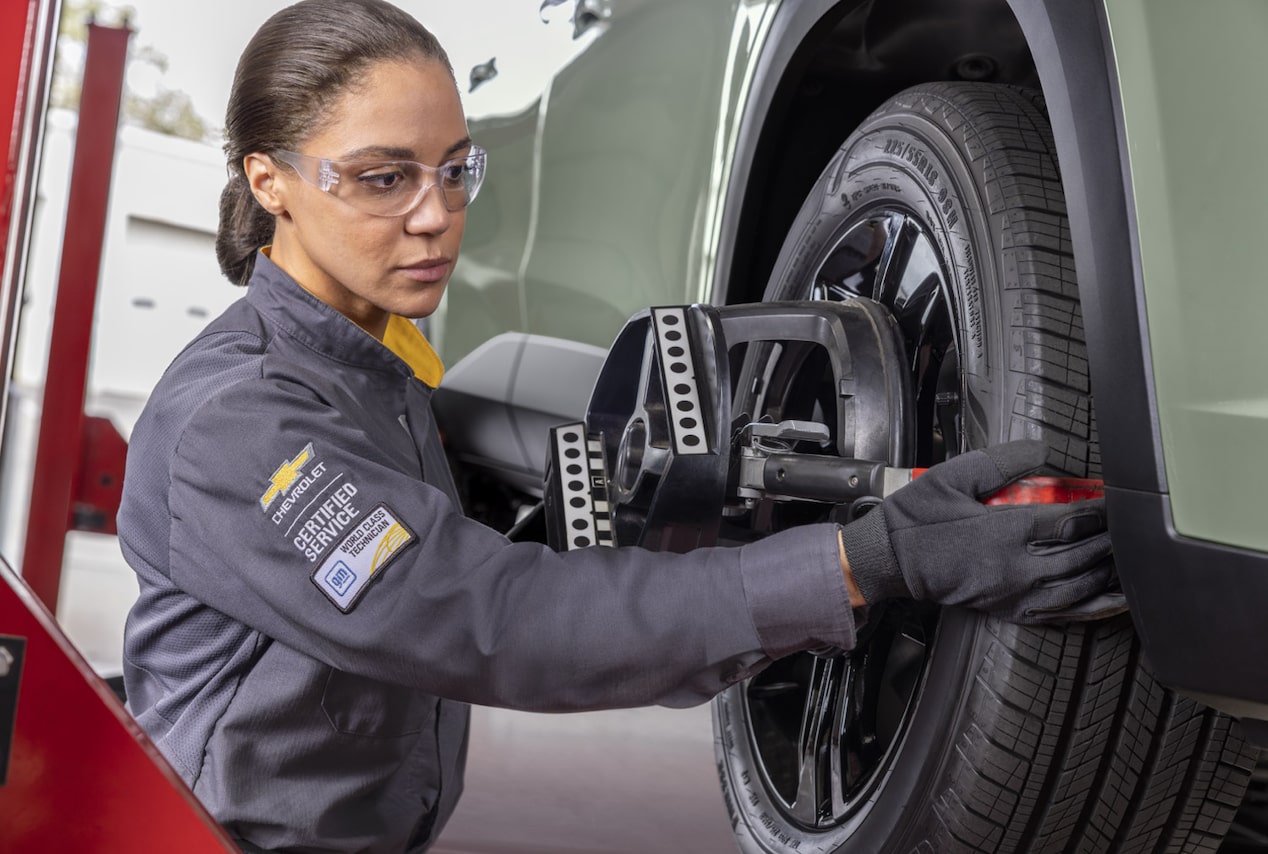All Categories
Featured
When your automobile experiences a significant breakdown, the cost of fixings can be a daunting financial factor to consider. Whether it's the failure of an important system like the engine or transmission, or the requirement for considerable repairs to various components, understanding the factors that influence fixing costs can aid you make even more enlightened choices. Listed below, we lay out the vital variables that contribute to the cost of significant automobile repair work.
![]()
![]()
![]()
Conclusion. A number of factors influence the expense of major vehicle fixings, including the type of repair service, the make and model of your vehicle, the top quality of the components used, labor costs, and the degree of the damage. Understanding these elements can aid you make more enlightened decisions and plan for the financial effects of vehicle repair work.

- Sort of Fixing. The main element influencing the expense of car repair work is the type of problem your vehicle is experiencing. Particular systems in an automobile, like the engine or transmission, need even more time to repair and identify, which straight translates right into greater labor fees.
- Vehicle Make and Version. The make and version of your vehicle plays a significant role in identifying fixing expenses. High-end cars and trucks and high-performance vehicles like BMWs, Audis, or Mercedes-Benz tend to have higher repair costs due to the fact that of their specialized parts, advanced modern technology, and the expertise needed for their repair work.

- Components High Quality and Schedule. The high quality of the parts used in the repair work substantially impacts the expense. In some instances, cheaper aftermarket components may reduce the total repair service price, however they might not supply the very same long life as OEM parts, which can result in added repair services down the roadway. If components are tough to discover, it might take longer to finish the repair service, leading to higher labor expenses.
- Labor Prices. When it comes to auto repairs, labor is one of the biggest costs. Mechanics normally charge by the hour, and repair work times can vary depending on the intricacy of the issue. Some repair work, such as engine overhauls or transmission solutions, might call for several hours or even days of labor, significantly increasing the complete price. Labor prices likewise depend upon the location of the service center-- auto mechanics in high-demand locations or metropolitan locations may charge greater prices because of the price of living and expenses. Additionally, specialized repairs for complex systems may call for even more knowledgeable specialists, whose per hour prices have a tendency to be greater.
- Extent of the Damage. The degree of the damage is one more crucial factor influencing repair service prices. If the damage is confined to one component of the car, such as a damaged generator or damaged brake pads, the repair service will typically be less pricey.
- Automobile Age and Problem. The age and total condition of your car play a substantial duty in the price of repairs. Older autos are most likely to experience deterioration, leading to even more regular and potentially a lot more costly repair services. As lorries age, particular parts, such as the suspension or exhaust system, may become much more prone to failing. Furthermore, discovering parts for older models can be pricey and tough, especially if the maker no more produces those components. Properly maintained automobiles have a tendency to have reduced fixing prices because their systems are in far better functioning condition, needing less and much less costly repairs.
- Store Area and Credibility. The repair service shop you pick can additionally affect the expense of your repair work. In addition, repair work shops that specialize in certain brands or kinds of fixings may bill extra for their know-how.

- Guarantee and Insurance Protection. If your car is still under guarantee, significant repairs might be covered, which can substantially lower your out-of-pocket expenditures. In addition, if the damage is triggered by a mishap or exterior element, your automobile insurance coverage could cover the repair work expenses, less any kind of insurance deductible.
Conclusion. A number of factors influence the expense of major vehicle fixings, including the type of repair service, the make and model of your vehicle, the top quality of the components used, labor costs, and the degree of the damage. Understanding these elements can aid you make more enlightened decisions and plan for the financial effects of vehicle repair work.
Latest Posts
A Historical Shoreline Destination with Modern Thrills
Published Apr 14, 25
1 min read
Experience Coastal Beauty at Deauville Inn
Published Apr 11, 25
1 min read
Host Your Perfect Occasion: Place Rental Choices for every single Occasion
Published Mar 25, 25
1 min read